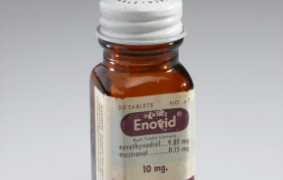
On the 4th of December 1961, Enoch Powell, then Minister for Health, confirmed in the House of Commons that ‘birth control pills’, as he called them, could be prescribed on the NHS. Now in its sixth decade, the availability of the contraceptive pill on the National Health Service has become an expected and central element of state-sponsored birth control. Yet,
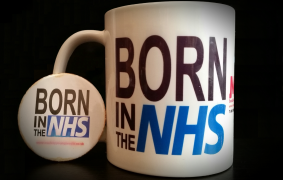
See our virtual museum gallery on this topic The idea of having been ‘born in the NHS’ has become a popular way for people to assert their identification with, and support for, the National Health Service. It is an idea with powerful emotional appeal. But its prominence is in fact relatively recent. ‘Born in the NHS’ mugs, tee-shirts, hoodies, and
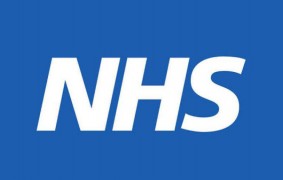
See our virtual museum gallery on this topic The NHS looked different after 1999. The NHS ‘blue lozenge’ logo, the background in blue pantone 300, 2.4 times as wide as high, the letters in Frutiger Bold Italic white font, with further strict rules on its position, size, and surrounding margin, has become ubiquitous. It is hard now to find a
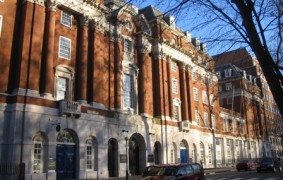
The British Medical Association (BMA) was founded in Worcester in July 1832 as the Provincial Medical and Surgical Association, a collective organisation for doctors. Established in the midst of a cholera outbreak, the association was initially established for the sharing of scientific and medical knowledge. However after re-branding themselves as the BMA its leading figures quickly began to involve themselves
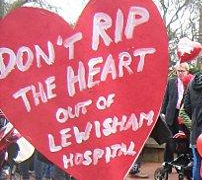
Jennifer Crane In 2013, up to 25,000 people marched in protest against the plans to close down the Accident and Emergency Department and to downgrade the Maternity Ward at Lewisham Hospital, in south-east London. A key part of this activism – convened by the Save Lewisham Hospital group – was led by a ‘buggy army’. While the ‘army’ was composed of
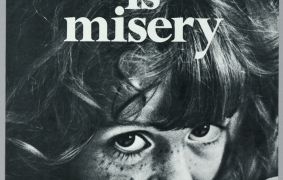
Since the 1940s mass vaccination programmes have formed important elements in the governmental provision of healthcare services to children. Collectively, they have reduced the incidence and severity of numerous childhood diseases. Yet, they have also been subject to moments of social anxiety and panic over safety issues, necessity and the reach of the ‘nanny state’. These issues remain as ever

The understanding of cigarette smoking as addictive and nicotine as the central addictive component is now well known and seemingly straightforward. Years of anti-smoking campaigning, as well as the mass advertising of nicotine replacement products, have together promoted a relatively new disease and addiction narrative around cigarette smoking. Yet, the story of smoking and lung cancer in terms of health
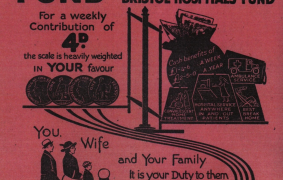
The creation of the National Health Service in 1948 was the latest in a string of major changes for Britain’s hospitals over the first half of the twentieth century. As a result of which, in the decades since the First World War, they had become firmly established as community institutions. At the turn of the century, different sections of the community had very different
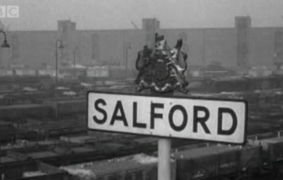
The National Health Service has long been a rich source of inspiration for media of all sorts, from radio discussion programmes to documentaries to fiction. Prominent examples for the first decade include the regular BBC series, Your Life in Their Hands, which ran from 1958 to 1964, and focused on surgery in the NHS. Around the same time, there was
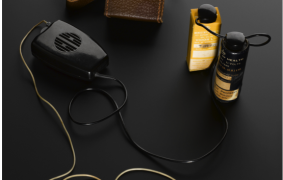
From its inception, the NHS was a focus for medical research and invention, as well as the delivery of established medical treatments. The constant need to cut or contain costs while providing state-of-the-art services to all was one key driver of innovation. Cost certainly played a role in Ministry of Health’s decision to commission a brand new hearing aid for
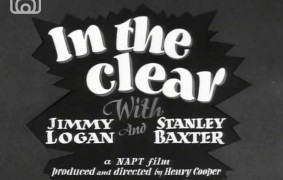
The history of the NHS is full of a range of emotions, feelings and meanings: including moments of laughter and humour. Jokes were shared between staff, patients, and families, through conversations, letters, diaries, and drawings, and at bedsides and even in board meetings. Humour was used to celebrate and to criticise the NHS, through political speeches, artwork, novels, and in
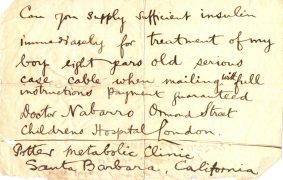
How insulin saved the life of Alan Nabarro and millions like him Before the discovery of insulin in 1922, a diagnosis of type-1 diabetes was a death sentence. Alan Nabarro (1914-1977) was one of the first people in the UK whose life was saved by the new treatment, and his personal papers, which can be accessed at the Royal College

Dr Gareth Millward Invacar was the trade name of a number of “invalid carriages” built for the government during the first thirty years or so of the NHS. Essentially adapted tricycles with a rudimentary bodywork, they provided independent transport for disabled people. The founder of Invacar, Bert Greeves, had worked with motorcycles before the Second World War and wanted to
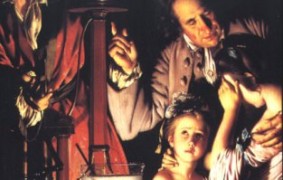
The NHS holds a profound power over British national consciousness, and can inspire deeply-felt loyalties, convictions and responses from the public that it seeks to serve, and those that serve it. This is evident when turning to the many different representations of the NHS, and literature clearly forms a complex part of such cultural representations. Literature can tell us a

A significant interest in something called mental health, not just mental illness, can be dated back in Britain to the interwar years. In other words, it was not a product of the new National Health Service. Indeed, hope that the new service might provide the opportunity for a vigorous state programme directed at mental health met disappointment. Recognition of the

In 2015 the National Childbirth Trust had over 100,000 parents attend their ante and postnatal courses. With the help of over 15,000 volunteers the NCT currently campaign to improve maternity care and give every parent the chance to make informed choices about their child. The NCT has grown significantly in size and influence since its formation in 1956. It was
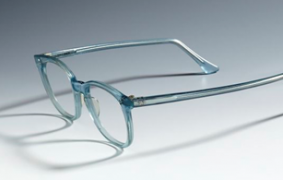
A guest post by Katy Canales, Acting Curator, V&A Museum of Childhood 2018 marks the 70th anniversary of the National Health Service (NHS). It emerged out of the devastation of Second World War and helped unify the country, offering for the first time much–needed free healthcare for all, as Harry Leslie Smith attests: Growing up in Britain before the NHS, when one’s
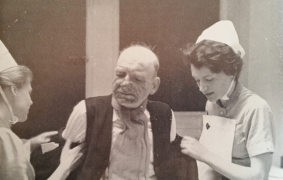
Guest encyclopaedia entry by Professor Pat Thane In 1948 c. 70,000 chronically sick older people occupied beds mainly in former Poor Law hospitals, expected to stay until death, often having suffered strokes or heart attacks. Many more, living at home, were disabled by conditions which were minor and curable for those who could afford treatment or appliances, including bad feet,
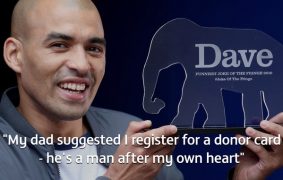
The funniest joke at the Edinburgh Fringe festival in 2016, as chosen by a panel of critics for Dave TV channel, was, ‘My dad suggested I register for a donor card, he’s a man after my own heart’ (told by Masai Graham). The first week of September is Organ Donation Week, an annual drive organised by NHS Blood and Transplant to
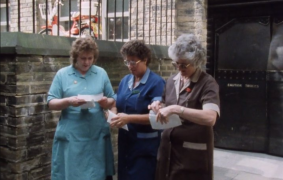
The expression most commonly included in descriptions of the National Health Service – “free at the point of use” – refers to one feature that most people in Britain might easily identify. That we can go to the hospital or GP and not have to pay is immediately apparent and widely known. However, arguably this is not the element of
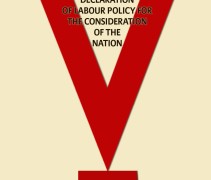
See our virtual museum gallery on political posters What kind of insight do party political manifestos offer for a People’s History of the NHS? In the 2015 election, political commentators raised the question of who actually reads these sprawling documents. It’s a fair point. Nevertheless, analysis of the language and content of the party manifestos that accompanied the 19 general
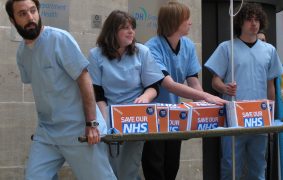
On 27th February 2017, the Government debated an e-petition which had received 117,344 signatures through the Parliamentary website. The petition noted that there are 193 attacks on NHS staff per day in England, and called for it to become a specific offence to attack a member of NHS staff, in line with legislation specifically prohibiting violence against police officers. Following
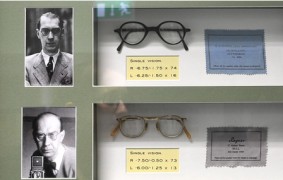
To find a pair of Philip Larkin’s glasses – and some of his poetry – on display in an NHS hospital might in many ways seem to be a somewhat strange meeting of cultures. Yet in 2012, the Hull and East Yorkshire Eye Hospital made this very decision, exhibiting Larkin’s striking NHS specs in an exhibition that also included his poem ‘Long
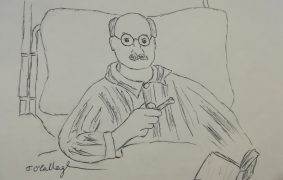
Returning from a summer holiday in Ireland in August 1948, Labour Prime Minister Clement Attlee was admitted to St Mary’s Hospital Paddington to be treated for eczema of the foot. The condition was perhaps brought on by seasonal allergy or stress (it’s interesting how many of the Labour cabinet would fall ill after the pressures of war and now creating
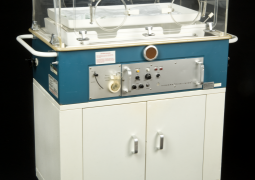
The history of the NHS is deeply embedded within personal histories of birth. It is often a central figure in bringing both ourselves, and our children, safely into the world. While most births occur close to their due date, there are times when NHS neonatal services are essential in ensuring premature newborns not only survive but begin to thrive in
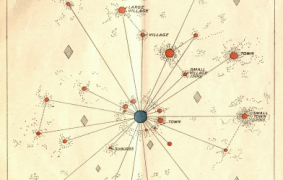
See our virtual museum gallery on this topic Britain’s National Health Service did not come out of nowhere. There were many notable developments, schemes and efforts to co-ordinate and unify healthcare over the preceding decades. Yet the road to 1948 can look rather sparse in terms of major government reforms. The pre-WW1 Liberal social reforms marked a significant progressive shift.
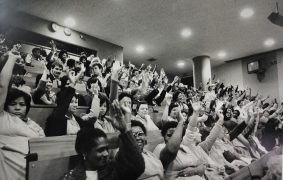
The question of who gets a say in how the health service is run was a controversial question from its foundation. Should staff be allowed to help decide the NHS’ priorities? How should patients’ views be treated? What weight should the opinions of local and national government have? What about citizens? In setting up the service the 1945 Labour Government
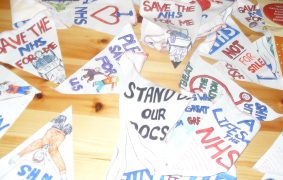
Since the start of the NHS, multiple types of activism have sought to protect, save, change, or shape the Service. The British Medical Association’s early opposition to the NHS has been well-documented, but other trade unions and professional bodies also surveyed their members’ views and lobbied for change, including the Medical Practitioners Union and the Socialist Health Association. Other members
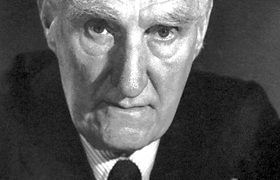
Guest encyclopaedia entry by Professor John Stewart. Pictured: Lord (John) Boyd Orr of Brechin (1880-1971). The National Health Service (NHS) is often, and quite rightly, cited as one of the institutions which make people most proud to be British. Nonetheless within the United Kingdom there is not one NHS, but rather three. When the post-war Labour government was building the welfare
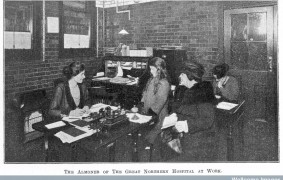
Medical social work was placed in an odd position by the arrival of the NHS in 1948. The profession had gained a high-status foothold in British hospitals by administering the patient payment schemes that rapidly became commonplace in the financially turbulent years following the First World War. The fact that no such role would exist once a health service free at the point
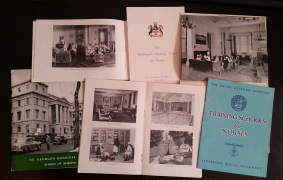
What it means to be a “student nurse” has changed a great deal over the lifetime of the NHS, with the expectations, status and rights of student nurses changing between 1948 and the present day. Prior to the NHS, nurse training had varied markedly according to where you were trained and what kind of hospital it was. The first general

When Richard Titmuss was being treated for cancer at the Westminster Hospital in around 1973, he recalled that he took with him John Rawls’ recent book A Theory of Justice. The serious reading matter is no surprise. Titmuss was a Professor of Social Policy and arguably the key intellectual theorist of Britain’s welfare state and NHS. In practice, he found
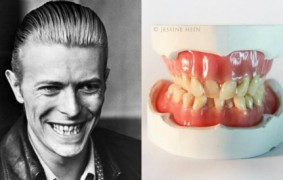
In retrospectives of David Bowie’s career following his death in January 2016, much was made of his ability to transform himself, not just musically, but also in terms of style and identity, as marked most memorably by his adoption of the character of Ziggy Stardust in the early 1970s. Yet, looking back at his image, across six decades as a
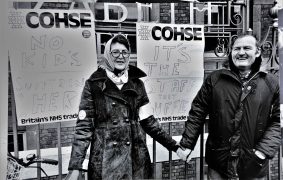
Between October 1978 and February 1979 Britain experienced a wave of strikes on a scale that hadn’t been seen since the General Strike of 1926. First Ford workers, then lorry drivers, council workers and NHS staff all walked out causing severe disruption to public services. This series of events came to be known as “the Winter of Discontent”. This phrase,

Famously, the new National Health Service of 1948 provided the British people with free spectacles and dentures according to need. The huge demand that ensued has come to be seen as a symbol of the transformative nature of the new service. Less well known is that the NHS also set about providing free wigs. It is interesting that these wigs,
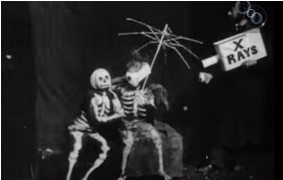
This encyclopaedia entry looks at the changing relationship between clinical and cultural representations of x-rays from 1895 until the present day, encompassing courting skeletons, frogs’ knees, floral radiography, x-ray eyes and more. . . . By the introduction of the NHS in 1948, x-ray technology had improved substantially from its first uses in the late nineteenth and early twentieth centuries,


